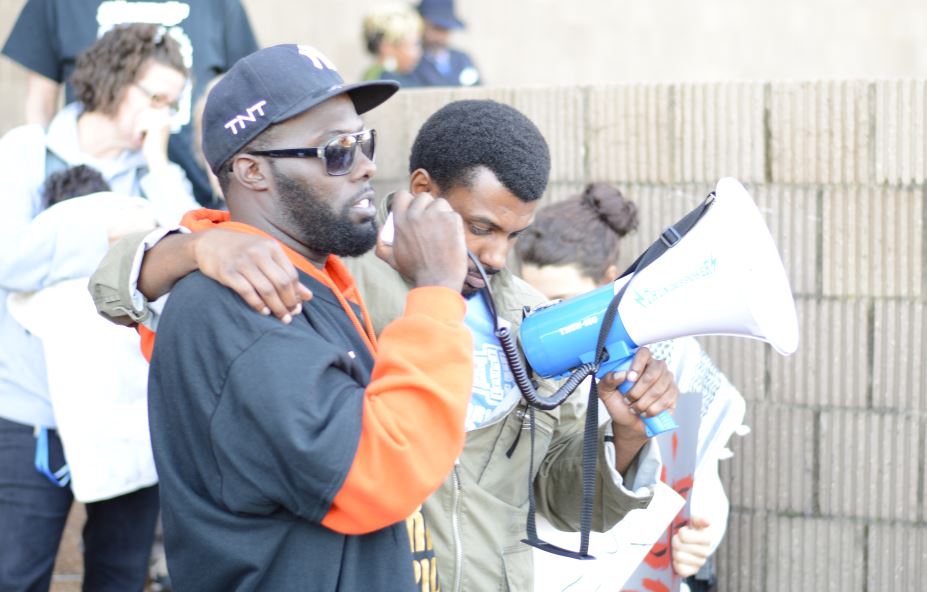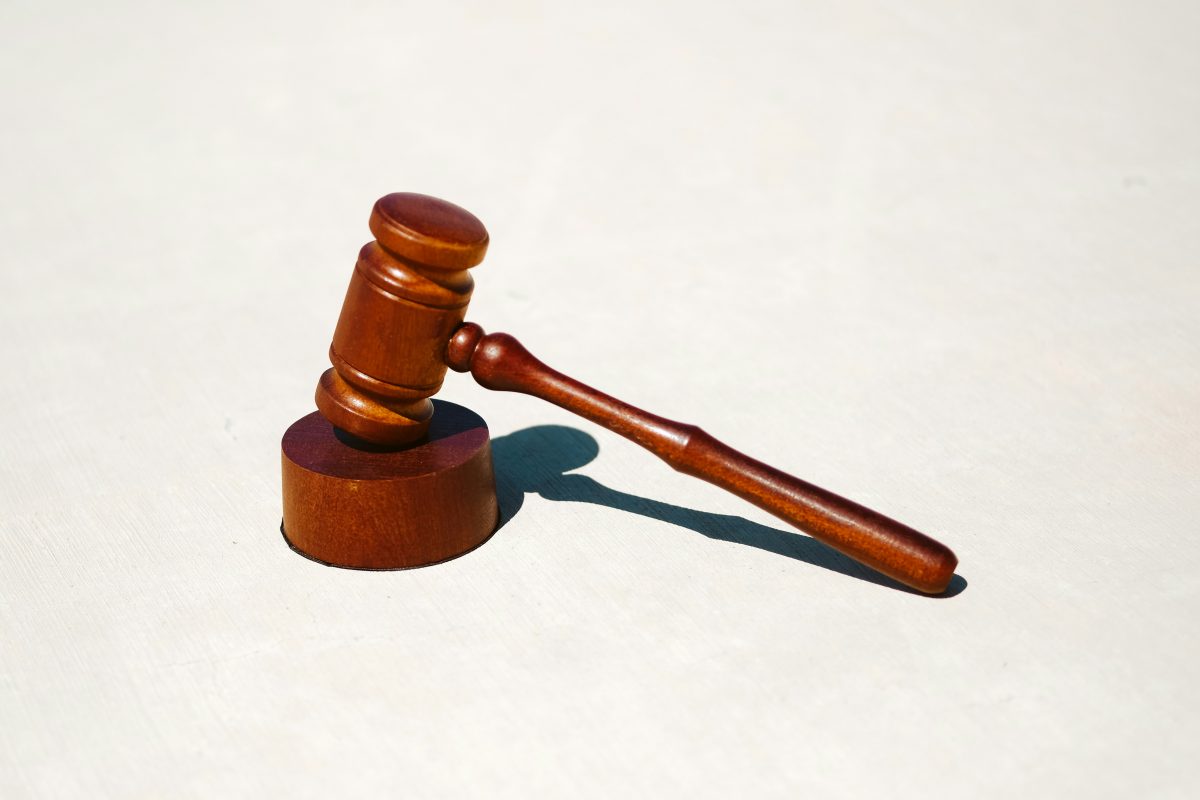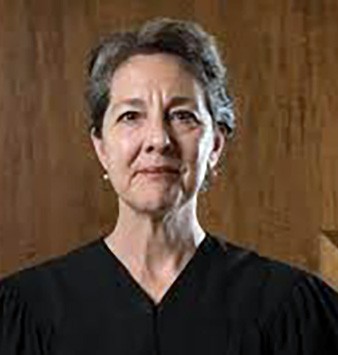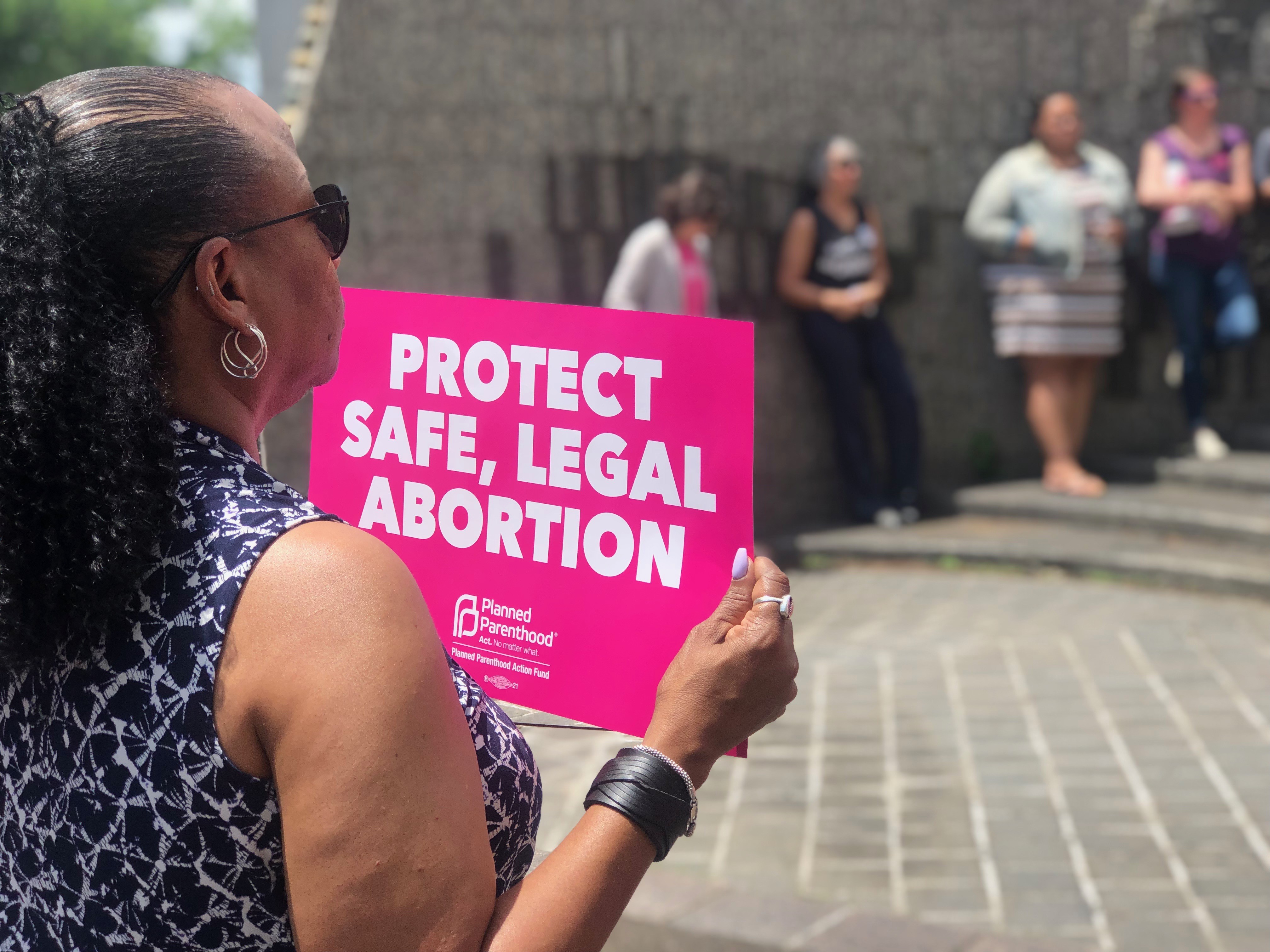This story originally appeared on the Institute for Public Service Reporting Memphis website here.
Critics fear a judge’s decision last week will weaken a long-standing federal order that bans the Memphis Police Department (MPD) from spying on citizens.
The ruling Wednesday by U.S. District Court Judge Jon McCalla modifies an order known as the Kendrick Consent Decree by replacing a private attorney who monitors police activities with two lawyers employed by the city of Memphis and assigned to the MPD.
The measure is endorsed by the American Civil Liberties Union of Tennessee (ACLU-TN), which successfully challenged MPD and the city of Memphis in federal court for illegally surveilling activists involved in protests against police abuse and other lawful dissent.
But Bruce Kramer, the lawyer who first sued the city in 1976 for MPD’s illegal political intelligence gathering, says the ruling is not in the public’s best interest.
“It’s not as bad as putting the fox in charge of the hen house. But the history of this is that the city has never liked this consent decree and has wanted it to end. This is just one more step towards that process,” Kramer said.
Rev. Elaine Blanchard, an activist who was followed by police and placed on a “blacklist’’ that banned her and scores of others from entering Memphis City Hall without a police escort, said the development is worrisome.
“I don’t believe the police have changed any,” Blanchard said. “I feel that they need oversight. Not from within themselves, but from outside of themselves.”
City officials were not able to immediately respond to a request for comment.
McCalla’s ruling approved the “Kendrick Consent Decree Sustainment Proposal,” filed as a joint motion by ACLU attorney Stella Yarbrough, city outside counsel Bruce McMullen and independent monitor Ed Stanton, a former U.S. Attorney in Memphis now in private practice with the Butler Snow law firm.
The 15-page sustainment proposal emphasizes that Stanton’s 2018 appointment was never intended to be permanent but “was meant to be temporary.’’ It contemplates a transition period ending between July 1 and Sept. 30 when Stanton will be replaced by two compliance officers on the city’s payroll.
“During this transition period, the city will designate at least two employees to serve as Consent Decree Compliance Officers,’’ the proposal says. It recommends two staff attorneys to fill these roles: MPD legal advisors James Thomas and Rosalyn Dobbins.
“Additionally, the Chief of Police has authorized the designation of an additional member to assist the Compliance Officers. The ideal candidate for this position is a current MPD officer with a law degree who will serve at the direction of Ms. Dobbins and Mr. Thomas,’’ the proposal says.
As a safeguard, the proposal calls for the compliance officers to receive “oversight and guidance” from three outside subject matter experts. The proposal recommends three individuals already on Stanton’s monitoring team: Rachel Levinson-Waldman, managing director of the Brennan Center for Justice’s Liberty and National Security Program; David N. McGriff, former deputy commissioner and chief of staff of the Tennessee Department of Safety and Homeland Security; and Dr. Theron L. Bowman, a former Texas police chief and president and CEO of The Bowman Group police practice consultancy.
Judge McCalla’s ruling followed a hearing last week when the city, the ACLU, the monitor and the subject matter experts all expressed support for the proposal.
The Kendrick Consent Decree was first entered in 1978 and modified five years ago following new revelations that MPD was again spying on political activists.
The initial decree in 1978 followed revelations that MPD had set up a special unit that used a network of informants and direct police surveillance to gather information on civil rights and Vietnam War protestors and others engaged in lawful political dissent. Created at the height of the Cold War with direct assistance from the FBI, MPD’s Domestic Intelligence Unit was one of a number of police “Red Squads” established across the U.S. in the 1950s and ’60s when many Americans feared the country was vulnerable to communist insurrection.
The unit was exposed after a Vietnam War veteran learned police were keeping a file on his personal and political activities, prompting legal intervention by Kramer and the ACLU in 1976. A judge issued the Kendrick Consent Decree two years later after finding MPD routinely violated First Amendment guarantees protecting free speech and peaceful assembly.

In 2017, the public learned that MPD was surveilling a new generation of activists after The Commercial Appeal first reported evidence of a “blacklist” that included Blanchard and other private citizens who had no prior interactions with the criminal justice system. Blanchard and three others sued the city, and the ACLU intervened as a plaintiff.
The resulting federal investigation exposed additional digital surveillance that MPD used on activists and journalists who reported on local government.
In 2020, Judge McCalla sided with the ACLU, approving a binding agreement that established new ground rules for the use of surveillance technology. MPD would have to operate within these revamped guidelines under the watch of Stanton and a monitoring team, McCalla ruled.
Kramer said Stanton and the monitoring team “have done a fine job.” But he worries that the two city-employed compliance officers won’t have the same view.
“They’re only going to see what the city wants to give them. It’s not the same as having a real advocate or adverse party reporting deficiencies,” Kramer said.
The proposal approved by Judge McCalla creates a “transition period” that will begin immediately. Stanton will stay on board to evaluate the current duties Dobbins and Thomas already have with MPD and whether they have the capacity to take on the newly created roles.
Following completion of the transition period, a “sustainment period” will begin and run for as long as 24 months. However, the city could move to terminate the sustainment period after 18 months, effectively ending oversight.
Kramer is betting they will.
McCalla could deny what Kramer feels is an inevitable request from the city, but Kramer asks, “Who’s going to contest it? With all respect to the ACLU, which covers the entire state, this isn’t at the top of their priority list.”
Stanton could not be reached for comment. Prior to Wednesday’s ruling, ACLU attorney Yarbrough issued a statement to the Institute for Public Service Reporting acknowledging the eventual conclusion of outside monitoring.
“While the consent decree remains in effect to safeguard free speech rights, the ACLU-TN, the city, and the Independent Monitor will continue to ensure the city’s compliance,” Yarbrough wrote. “The conclusion of outside monitoring in the coming year reminds us that the work of protecting Memphians’ First Amendment rights is ongoing.”








